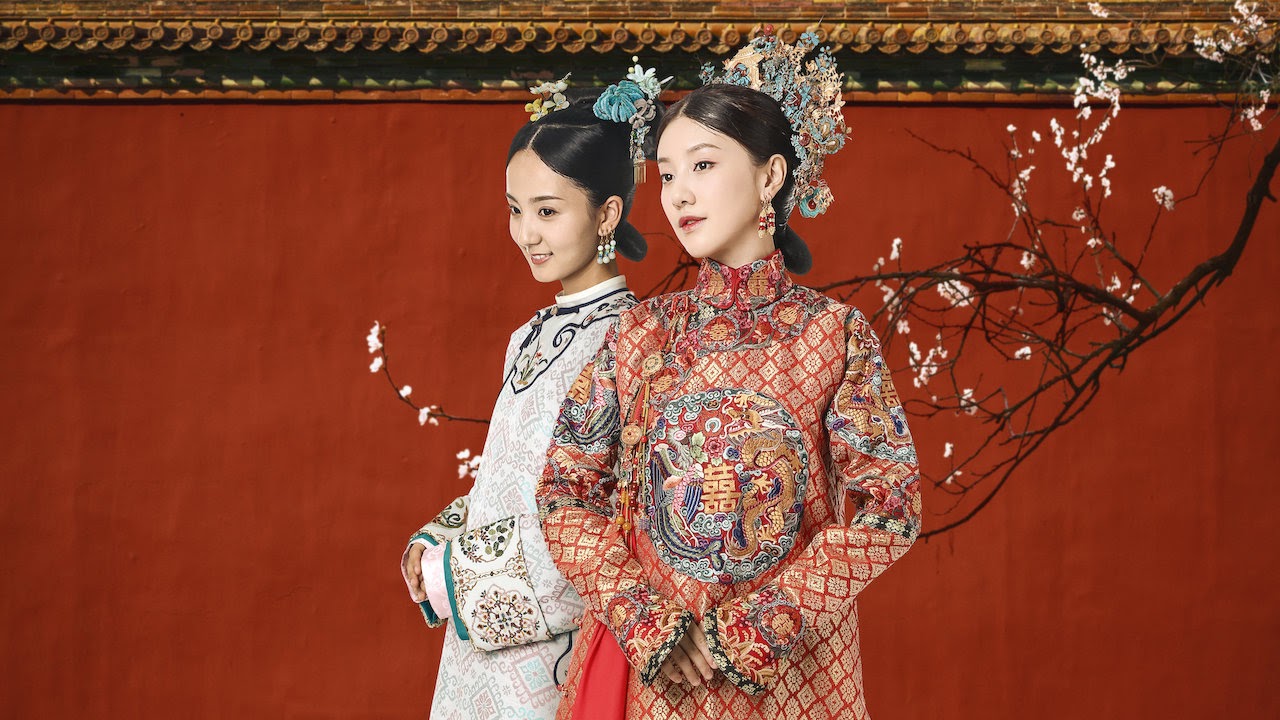China removes popular historical dramas from streaming services
Without any notice or official explanation given by the platforms, the shows’ abrupt disappearances have caused an outpouring of anguish among viewers, speculation as to why they were removed, and questions if the removal was an indication of a broad crackdown by Chinese censors on the genre of period dramas.

On the morning of September 28, Chinese fans of historical dramas woke up to the news that Story of Yanxi Palace 延禧攻略 and Ruyi’s Royal Love in the Palace 如懿传, two of the most popular imperial period shows of all time, had been pulled from major streaming services in China, including iQiyi and Tencent Video.
Without any notice or official explanation given by the platforms, the shows’ abrupt disappearances have caused an outpouring of anguish among viewers, speculation as to why they were removed, and questions if the removal was an indication of a broad crackdown by Chinese censors on the genre of period dramas.
When it initially aired on iQiyi in 2018, Story of Yanxi Palace was an instant sensation. On the release day of its first episode, the show brought in a record-breaking viewership of about 500 million people. Telling the story of a maid’s ascent to power in the court of the Qianlong Emperor, who ruled China from 1735 to 1796, the show’s popularity is largely attributed to its strong female lead and its depiction of maneuvers employed by concubines, which the audience found relatable to modern day office politics.
Sharing many of the elements that made Story of Yanxi Palace a massive success, Ruyi’s Royal Love in the Palace, which also revolved around Emperor Qianlong, is another smash hit that has racked up a total of 18 billion views on various streaming websites.
Since the news broke, a slew of rumors about the real cause of the dramas’ removal have taken hold on Chinese social media. The initial reaction from most observers was that their disappearances were caused by the video-streaming services’ failure to renew their licensing deals with the dramas’ production companies. But this guess was quickly refuted as people realized that iQiyi and Tencent Video, who were among the affected, had ownership of the dramas because of their significant investment in their production.
With the acknowledgement that some other external factors were in play, a good number of fans and industry insiders were convinced that the two shows were casualties of a renewed wave of Chinese censors’ crackdown on period dramas.
Last year, following a scathing editorial published by the Beijing Daily, in which the state-run newspaper called out period dramas, especially Story of Yanxi Palace and Ruyi’s Royal Love in the Palace, for their “negative influence on society,” the two shows were suddenly taken off air and never made a return on television channels. In the article, the publication took specific aims at the dramas’ palace intrigues and scheming, saying that they were “at odds with the core values of socialism.”
Naturally, the recent removal has set off a firestorm of outrage over what many believed to be an extension of the previous campaign. “Who on Earth would strive to be a manipulative intrigant after watching a period drama? We live in a society ruled by laws and I think most people are able to tell right from wrong,” a Weibo user commented.
A fair share of critics also directed their anger at what they called “real malignant tumours” in the Chinese TV industry, saying that shows like Mother’s Life 娘道, which has been roundly condemned by young people for embracing patriarchal thinking, should be a target of censors looking to restrict promotion of bad values in Chinese television. “Banning what people love to watch and taking no action against things people absolutely hate. This is the most unfriendly practice by Chinese censors,” a TV critic wrote (in Chinese).






